www.agnesdellinger.org
(🧵 1/3) Evolution of petal patterning: blooming floral diversity at the microscale
nph.onlinelibrary.wiley.com/doi/10.1111/...
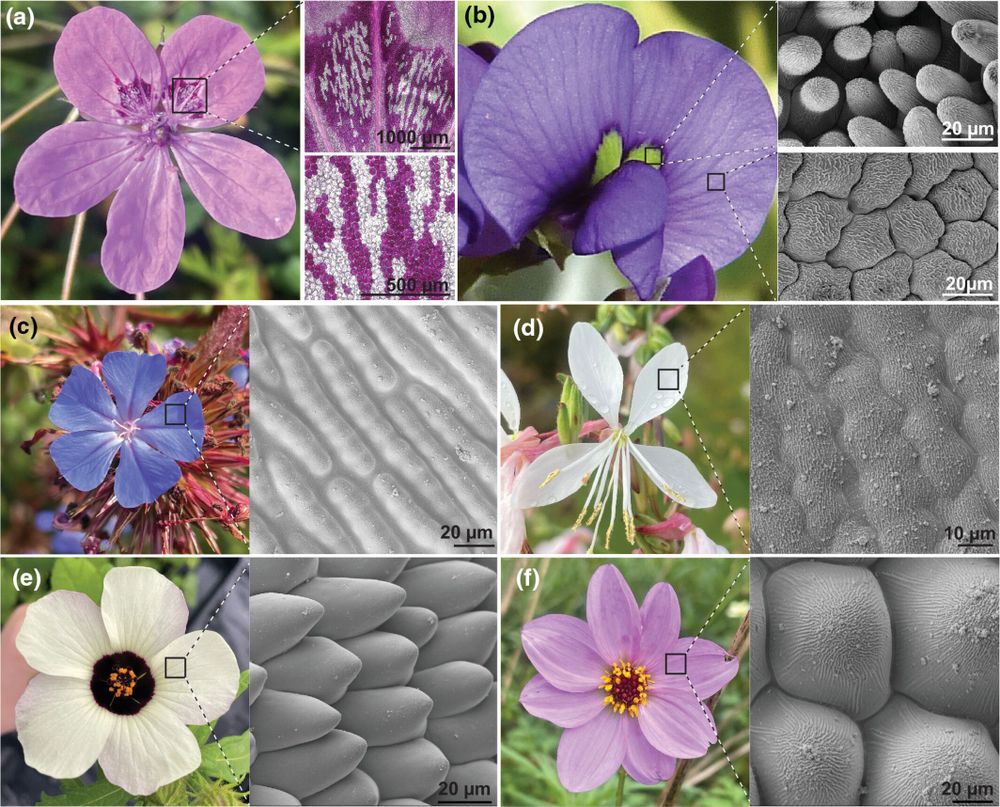
(🧵 1/3) Evolution of petal patterning: blooming floral diversity at the microscale
nph.onlinelibrary.wiley.com/doi/10.1111/...
£10,000+ grant & 28-month program for early-career conservationists protecting unique threatened species 👇

£10,000+ grant & 28-month program for early-career conservationists protecting unique threatened species 👇


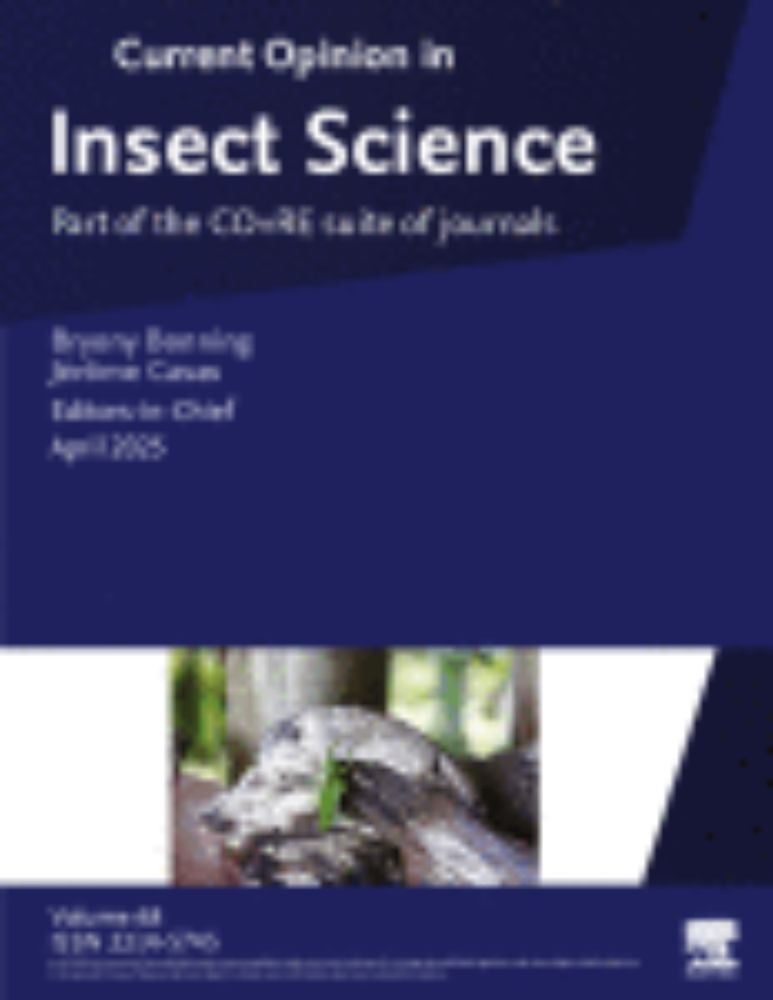
Does the abiotic environment influence the distribution of flower and fruit colors?
New research by Agnes Dellinger, Leah Meier, @iochromaland.bsky.social & Miranda Sinnott-Armstrong
doi.org/10.1002/ajb2... #botany

@erc.europa.eu #MountBuzz #pollination
@erc.europa.eu #MountBuzz #pollination
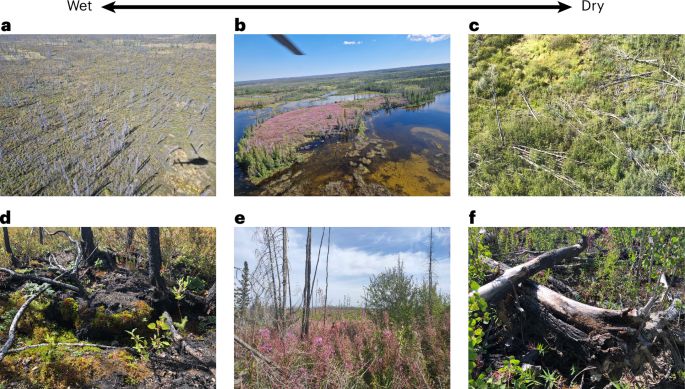
Join @alexmcalvay.bsky.social and John de la Parra as they chat about problems in modern agriculture (like monocrops!) that are threatening food security. www.nybg.org/plantpeople/...
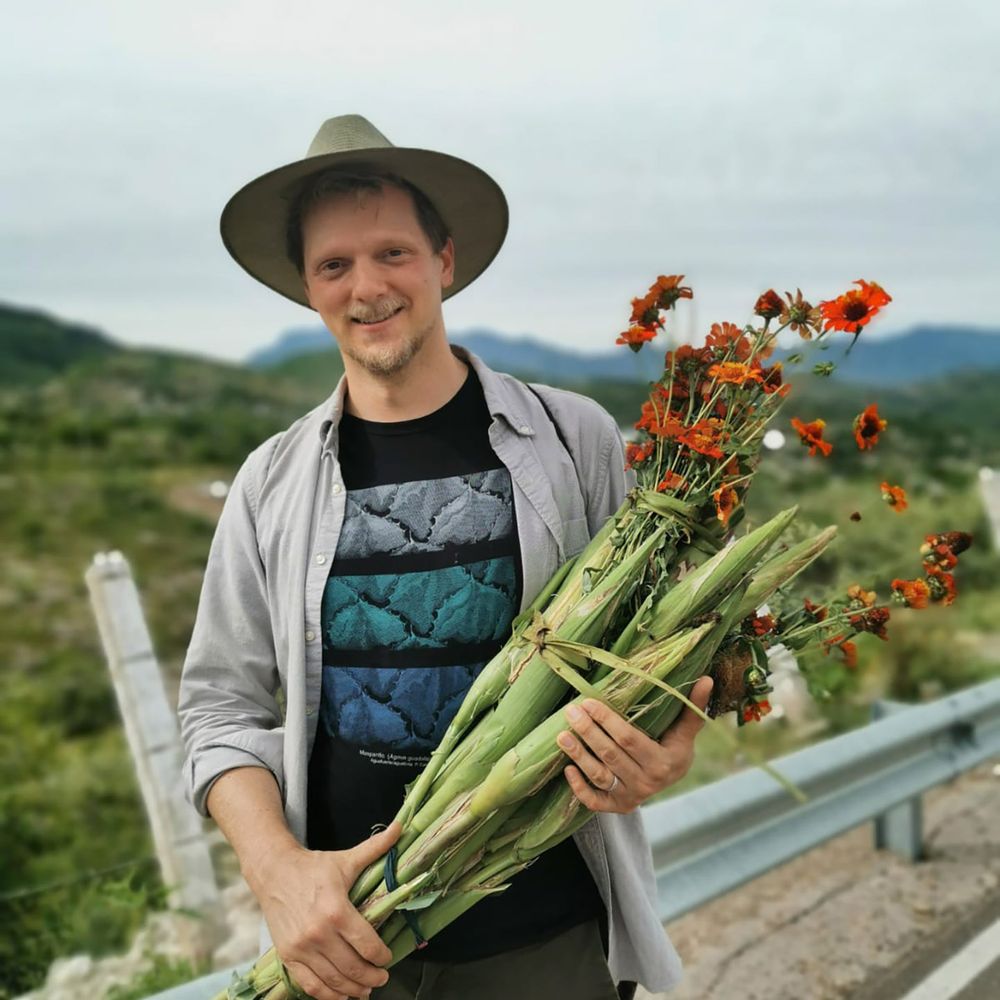
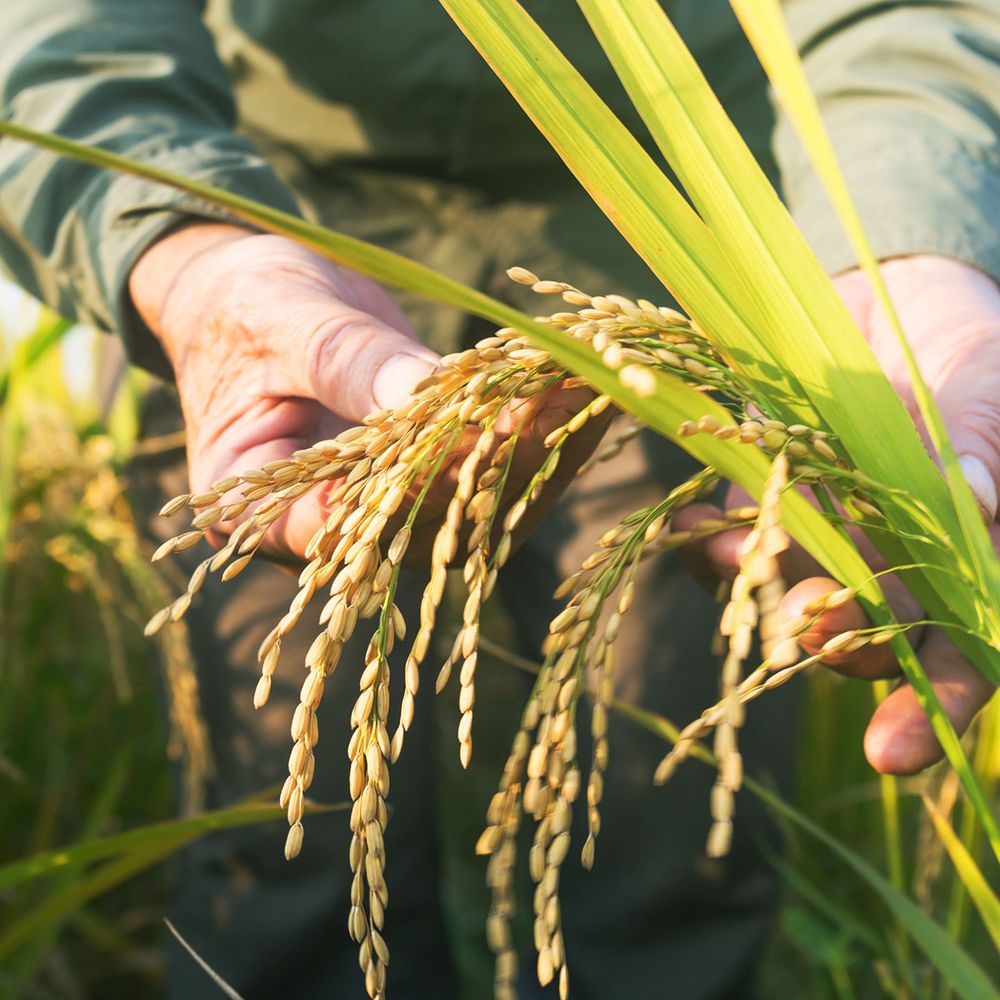
Join @alexmcalvay.bsky.social and John de la Parra as they chat about problems in modern agriculture (like monocrops!) that are threatening food security. www.nybg.org/plantpeople/...
Characterizing the frequency, morphological gradient, and distribution of dioecy in Miconia (Melastomataceae)
Juan C. Angulo, Janelle M. Burke, Fabián A. Michelangeli
www.journals.uchicago.edu/doi/abs/10.1...
#PlantScience
Characterizing the frequency, morphological gradient, and distribution of dioecy in Miconia (Melastomataceae)
Juan C. Angulo, Janelle M. Burke, Fabián A. Michelangeli
www.journals.uchicago.edu/doi/abs/10.1...
#PlantScience
Agnes S Dellinger, Laura Lagomarsino, Fabián Michelangeli, Stefan Dullinger, Stacey D Smith
academic.oup.com/sysbio/advan...

Agnes S Dellinger, Laura Lagomarsino, Fabián Michelangeli, Stefan Dullinger, Stacey D Smith
academic.oup.com/sysbio/advan...

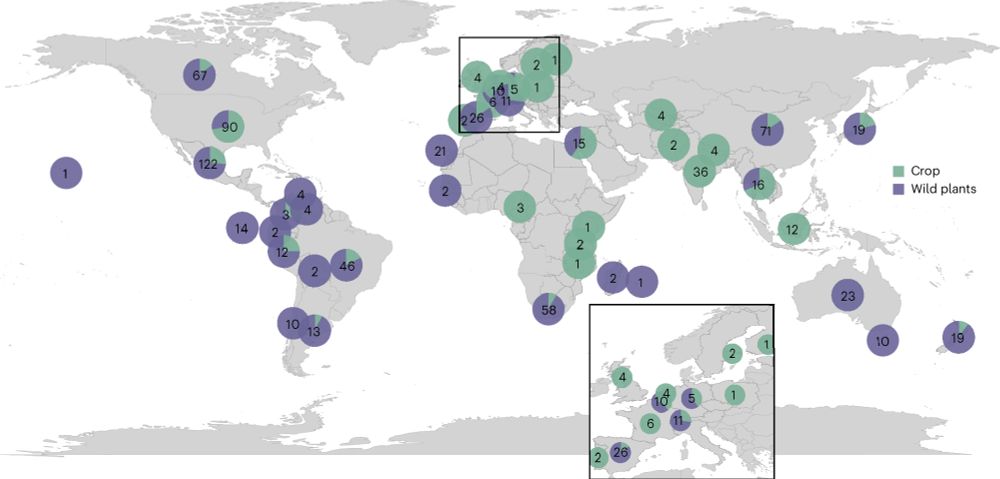
onlinelibrary.wiley.com/doi/10.1002/...


